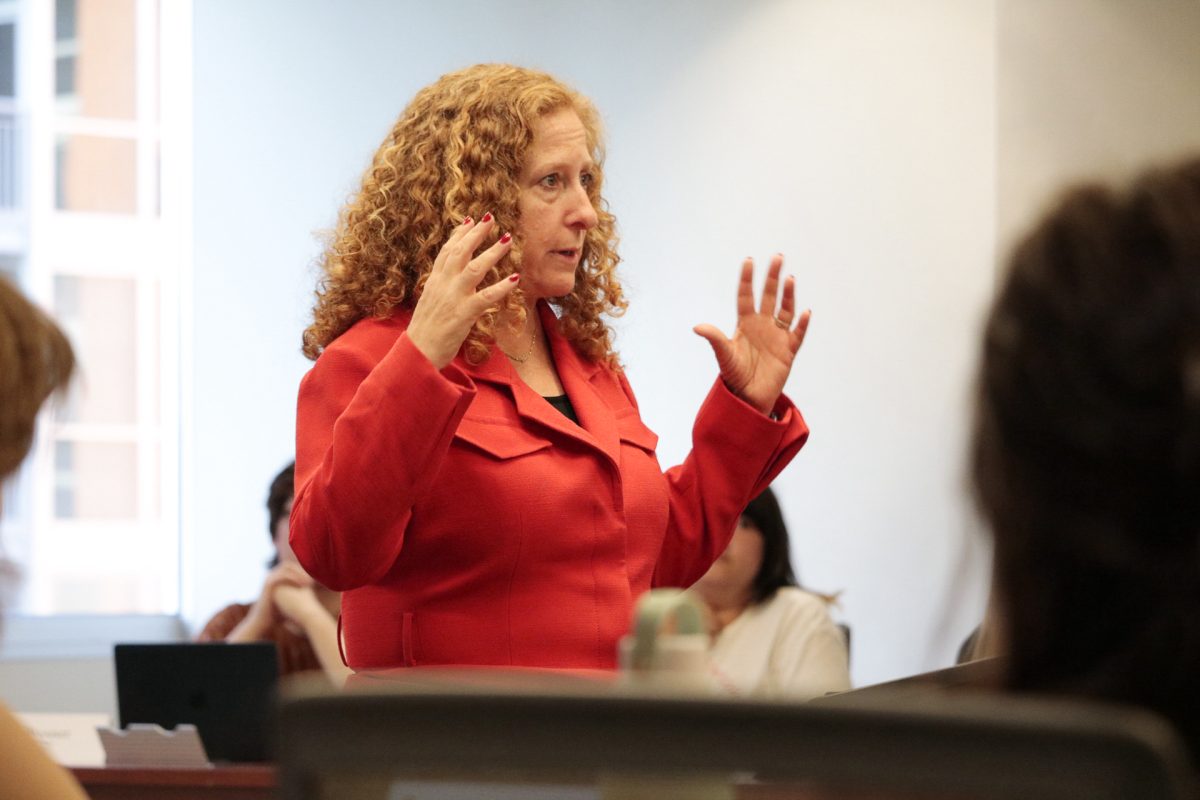
University of Wisconsin athletes receive perks from Rose Bowl tournament officials for coming, but perhaps less commonly-known is a perk athletes can receive when leaving Pasadena: the ability to fly virtually anywhere for free.
UW’s athletic department pays the cost for student athletes to fly with the team back to campus using money awarded by the Big Ten Conference. A recent rule change in NCAA bylaws was made to cut down on institutional expenses and allows athletic departments to reimburse “actual and necessary” transportation costs of a student traveling home from a bowl game.
However, the NCAA leaves the definition of “home” up to participating institutions and conferences, and the Big Ten’s official interpretation allows athletes to fly anywhere.
Associate Commissioner of Compliance Chad Hawley said an institution could cover the expenses for a student athlete to travel from the event site to any destination in the world, according to an email exchange between the Big Ten Conference and the UW athletic department obtained by The Badger Herald.
Giving a hypothetical example, Hawley said he thinks that an institution could pay for a student athlete to travel to France, provided the athlete pays for all expenses there and for the return journey.
“Consequently, I think it’s OK to not limit post-game travel to campus, home, or any other destination,” Hawley writes.
But Hawley seemed uncertain, asking the email’s recipients to let him know what they think and reminding them that the final decision is still up to institutional discretion.
Although student athletes could seemingly travel anywhere after the Rose Bowl, no flights were booked to exotic locations and the cost to reimburse athletes who chose to travel individually decreased dramatically after this year’s Rose Bowl compared with last year’s.
For years before the new rule became effective Aug. 1, 2011, student athletes were reimbursed for individual travel according to a formula that provided the same amount — for example, $800 after the 2011 Rose Bowl — to each individual regardless if they required the total amount or not.
If a flight did not cost $800, the leftover money could be spent at the student athlete’s discretion, according to UW Director of Compliance Katie Smith. The NCAA, in a document explaining the rationale behind changing the rule, admitted there was a monetary “incentive to travel individually” under the old system.
With the new rule in place, fewer players chose to travel individually after the 2012 Rose Bowl than in 2011. As a result, UW spent far less in 2012 covering the actual and necessary travel costs for student athletes who chose to travel individually, according to travel receipts obtained through an open records request by the Herald.
UW gave 113 players $800 for travel after the 2011 Rose Bowl, costing more than $90,000. In 2012, the receipts received showed only 65 players opted for individual travel, costing the athletic department about $26,000. The average amount spent per player was $400.
The Herald did not find any conclusive evidence that an athlete tried to take advantage of the system or the Big Ten’s loose definition of “home.”
Federal law required student athlete names be redacted from the documents, making an accurate comparison of athlete’s destinations with their hometowns impossible. A rough pairing of the number of athletes living in a state with the number of athletes who flew into that state showed only a few instances where athletes did not fly to their hometown.
No one returned to airports in the areas of Washington, Indiana, Virginia, Colorado, Michigan, New Jersey, or Washington D.C., despite those states being home to 11 athletes. Still, those athletes could have traveled back to Wisconsin with the team.
New Mexico and Georgia were destinations for one athlete each, though no one on the 2012 roster calls either state home.
One athlete rode first class from Los Angeles to Cincinnati, Ohio, before riding economy from Cincinnati to West Palm Beach, Fla., costing $509.90. However, the upgrade did not make that ticket the most expensive. The highest plane fare was for an economy seat on a flight going to Ft. Lauderdale for $797.70.













